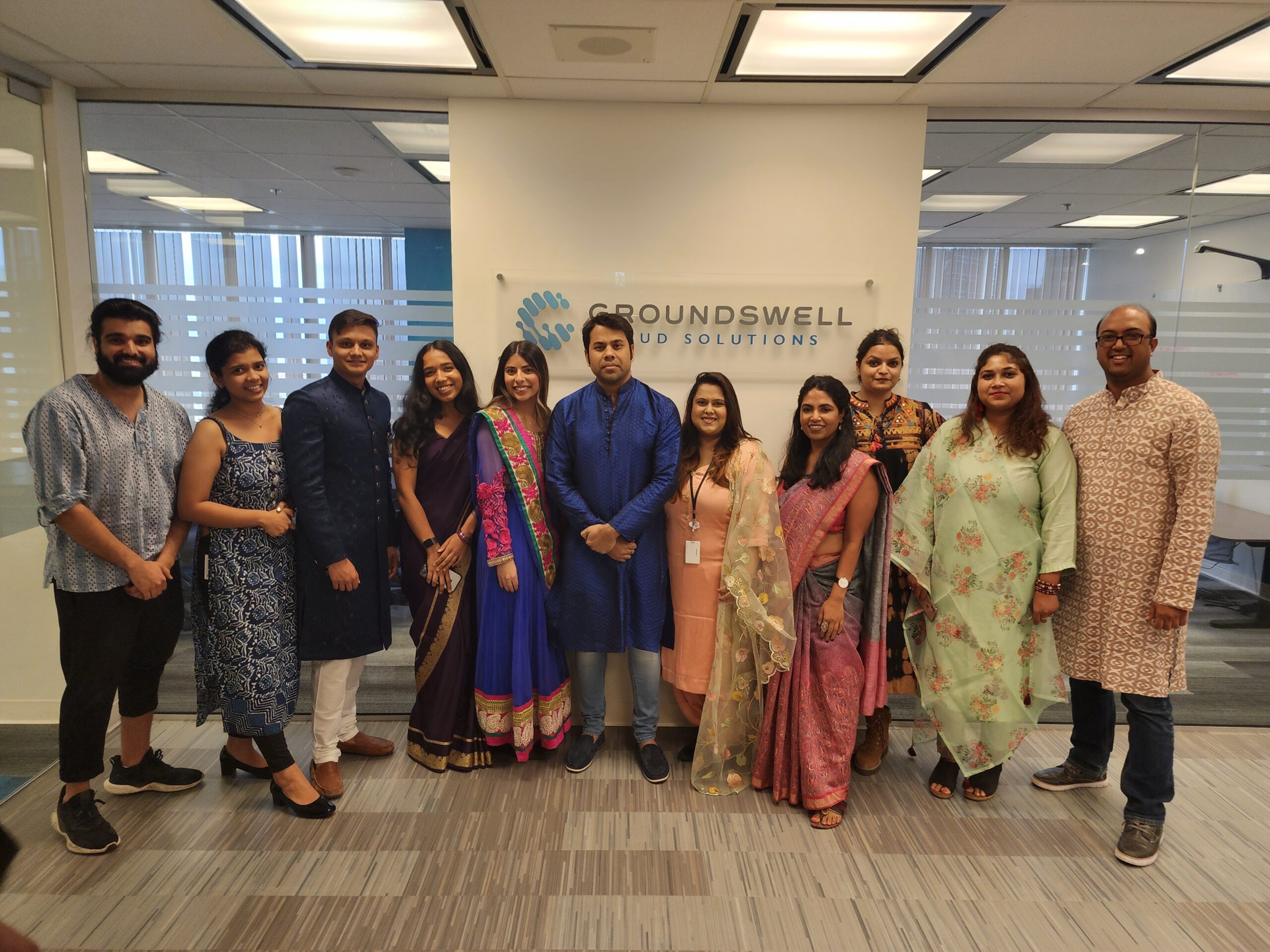Written by Soumali Ganguly
It’s been 12 years since I left Mumbai and have called Vancouver, Canada my new home. I came here by myself so finding a community has taken time, patience, and perseverance.
People have been migrating for centuries now – some for adventure, some for access to education, a specific lifestyle, or better prospects for themselves and their families. Others have been immigrating in dire situations – to seek the basic needs of safety and acceptance.
I am fortunate to be in the former bracket: I left home for a sense of adventure, and to seek better education and career prospects. Needless to say, like most immigrants leaving the comfort of home and moving to a new country has been simultaneously challenging and gratifying. There is the excitement of assimilating to a new culture, but also the struggle of navigating cultural differences. There is an uphill battle of facing loneliness, but learning to become independent and confronting everyday hardships while getting more resolute.
Immigrating and My Identity Crisis
Everyone’s lived experiences are different, but as one works to navigate this dichotomy, one often grapples with the issue of an identity crisis. If you have lived away from home for over a decade like me, you start remolding and reshaping your identity. Only after moving away from home did I understand and appreciate how much of my self-identity derived from my cultural and social roots. It is important for me to hold onto those roots, as well as hold onto the belief systems that I grew up with. Having embarked on this journey to make Canada my new home, it was imperative for me to imbibe elements of North American culture and make meaningful connections with the people around me. Over the years, I have learned that it is crucial to find the right balance while embracing the two cultures. Now, what the right balance is can only be determined by you individually.
With that, here are some of my personal suggestions and tips that might help you find that balance:
Finding Your Community
I grew up in the vibrant city of Mumbai in India. Growing up, I was surrounded by a lush community of friends, family, and neighbors. Like India, many countries and cultures are built around large, close-knit families and communal gatherings. And moving out certainly leaves these community-shaped holes in our lives.
One perhaps feels it the most during special occasions and festivities. That familiar pang of loneliness and heartache settles in as you see pictures and posts of friends and family celebrating those cherished festivals, rituals, and food, while you go about your daily grind in the new country. Often not realizing that the occasion or holiday has crept up on us.
Fortunately for an immigrant-friendly country like Canada, it has been relatively easy to find smaller pockets of that community here, which has allowed me to keep in touch with my roots and keep those traditions alive. With platforms such as Facebook, Meetup, Reddit, etc., it is fairly easy to discover these communities nowadays with a few quick searches.
A great way to overcome this is to share your culture with the people around you – your colleagues and friends who may not be a part of your core community – and to introduce them to it. You would be surprised at how receptive most people around you are!
Staying in Touch with Family & Surrounding Yourself with Things that Give You Joy
COVID-19 has introduced more of the world to the benefits of Zoom, but for many immigrants weekly video calls have been a part of our lives for years. Maintaining these connections helps us hold on to our past and sense of belonging. I also find a lot of solace in surrounding myself at home with pictures of family and other traditional nick-knacks, decorations, recipes, artwork, food, etc.

Speaking Your Native Language
When coming to a new country, you often feel the pressure of speaking in the local language and wiping away all accent traces that tie us back to your native land. However, so much of who you are lies in how you express yourself. Keep your native language alive by speaking and writing it with your newfound community, with friends and family back home, or even by consuming media – movies, shows, music, and other spoken art forms of your culture.
Keeping Your Practices and Beliefs Alive
A change of address and location should not warrant a change in your core practices and beliefs. Whether it is how you dress, how and when you pray, your food choices, and choosing to attend or step out of an event based on that, you have the freedom and the right to decide for yourself. By standing for your beliefs, you aren’t rejecting the culture or refusing to ‘fit in’ and it isn’t something to feel guilty about. There are more ways than one to embrace the culture and society you’re living in without having to compromise on your cultural and personal identity.
As a Bengali-speaking Hindu girl from Mumbai living in Vancouver, I am today a part of several communities in my city. I am a part of the Lower Mainland Bengali Cultural Association, and an avid attendee of several Indian art and cultural organizations such as DiwaliFest Vancouver, the Indian Summer Festival, and the Monsoon Festival. I am also a part of several Mumbai and India-based Whatsapp and Meetup groups and for me, these as well as the above tips have helped me find a balance that has left me feeling happy, grounded, connected, and fulfilled!
